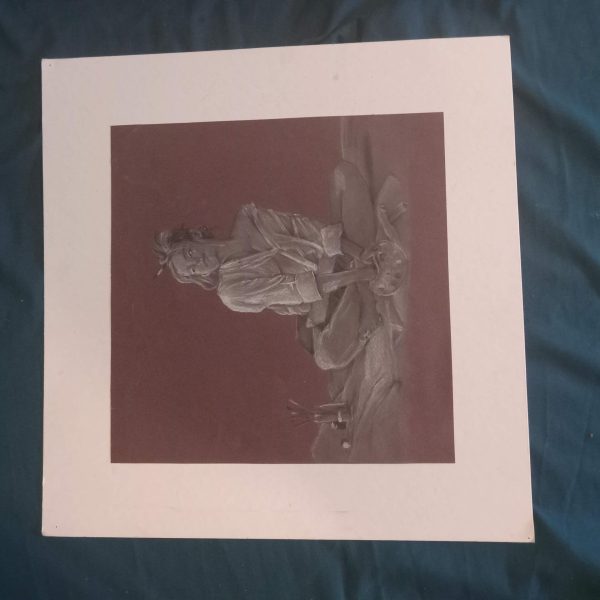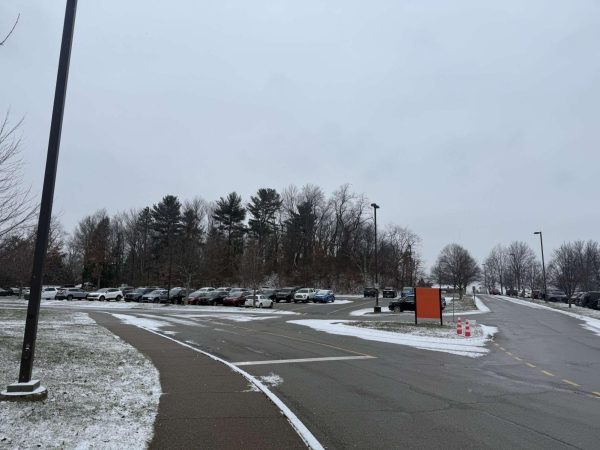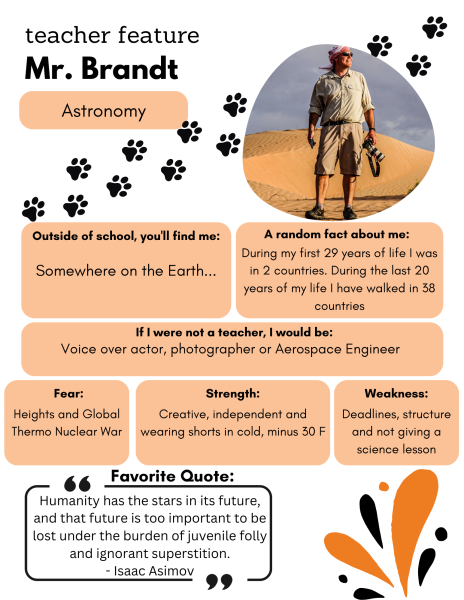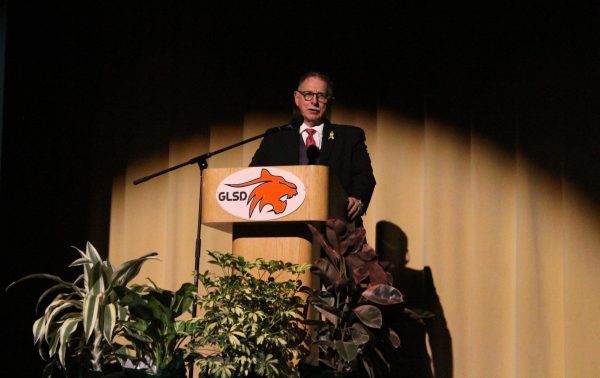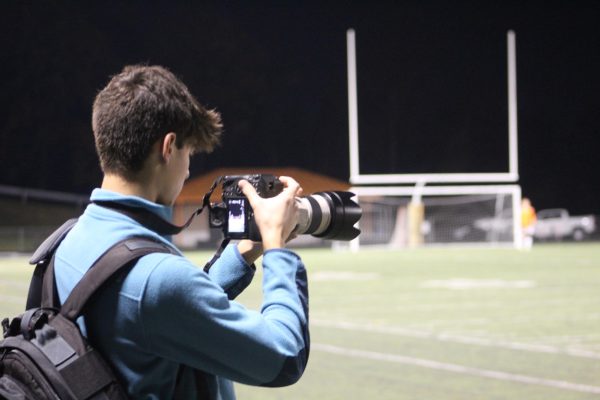Strong Minds Preserve
Sometimes, in life, challenges can come by surprise. Though, they can be dealt with through time, patience, and understanding.
On Tuesday, January 8, Mrs. Leeper, the law, global studies, and economics teacher, and Meah Ezykowsky, a 2016 graduate of Greater Latrobe High School, each had a chance to tell a story that greatly impacted their lives. They spoke about their personal experiences dealing with brain tumors to a small group of anatomy students.
In October of 2015, Mrs. Leeper was faced with a hardship when she found out that she had a cancerous tumor in the frontal lobe of her brain. The frontal lobe is known for being a main source for emotion and personality traits. She talked about how hard it was to take in the news when she first found out, the process she went through to recover, and the factors from surgery that she still deals with.
Meah Ezykowsky dealt with a tumor in her occipital lobe in 2017. The occipital lobe is primarily responsible for sight. She gave insight on the limited abilities she has now, but how grateful she still is for everything that she has. She has trouble with memory and vision, but continually keeps a positive attitude on life through her personal blog, “Forever Fighting Tina”.
Both Leeper and Meah had a craniotomy, which is a tumor removal surgery. Mrs. Leeper is now living cancer free and Meah has 20% of her tumor remaining in her brain. As a student of Mrs. Leeper, Meah took the time to reach out to her during her recovery process. Because they went through such similar experiences they found solace in each other and formed a bond because of it. The support they gave each other helped in their road to recovery.
Mrs. Leeper expressed the honest worry she had as a teacher when she found out about her condition and the possibilities that could come after her surgery.
Luckily, she persevered and has been able to adapt to changes since her surgery and maintain her way as a teacher at the high school.
Mrs. Leeper went on to explain the symptoms she still deals with on a regular basis as a result of her surgery. These symptoms include headaches, migraines, medical fatigue, and anxiety. “The anxiety was hard to get used to and there’s a lot of stigma with mental health. How do you deal with it and how do you become accepting of it yourself? But It’s a treatable medical condition,” Leeper noted. At the end of her discussion, she reassured, “This is normal. it’s okay to treat and take care of it”. Anxiety was something that came as a result of the surgery, but it does not hold her back from teaching.
Throughout her recovery process she has had to adjust, but still takes time to take care of her wellbeing. “There are days that I’m struggling to get out of bed, I physically feel like I can’t, it is exhausting. I can do it, but it feels like your body doesn’t want to”, Leeper said of her ongoing medical fatigue. She continues to combat her symptoms by getting extra rest, drinking water, and eating properly to reduce headaches. She also reduces sensory triggers like bright lights, strong smells, and loud music when she’s able.
The anatomy students had a more in-depth look into the reality of a medical condition. They learned about the functionalities of the brain and the different treatment types for brain tumors. Memory, vision, hearing, personality, development, and thought are some of the vital functions of the human mind. Each of these aspects can be altered and affected by tumors or trauma. Mrs. Levan’s goal was to have her students learn about brain injuries in a personal and realistic way, rather than only learning from text and lectures.
Hard challenges can come when you least expect them. Though, how you
work through them is what matters most, not the end result. Mrs. Leeper and Meah’s stories showcase how important it is to learn from difficulties in life and move forward. Always. You have to be willing to accept hardship, but not let it control you.
Mrs. Leeper and Meah overcame their challenge at hand and have learned to keep pushing forward. Even though their past was hard, they use their experience and what they learned to help people going through similar difficulties. “It was a challenge, but as I healed it got better,” Mrs. Leeper assured the group. Their stories are a source of hope and an example of perseverance against uncertainty.
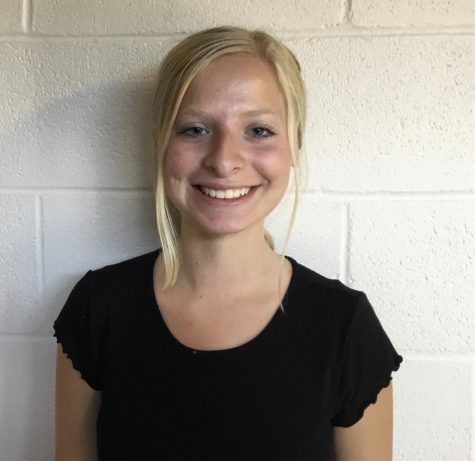
I’m a Latrobe High School Class of 2019 senior. The school subjects that I enjoy the most would be History, English, and Environmental Capstone. This...




